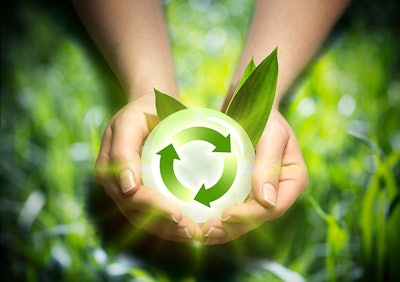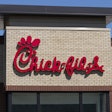
Carbon neutral labels allow poultry and egg companies to highlight sustainability efforts, however a recent survey indicates consumer confusion about the term.
Nearly 3 in 5 consumers either don’t know what the term “carbon neutral” means or they incorrectly define it, according to new research from Morning Consult.
In addition, of the 23% of respondents that indicated that environmental claims play a role in the food-purchasing decision, only 20% try to buy items with carbon neutral labels.
Sustainability sells when it’s part of a brand’s identify
Brands that are successful in carbon neutrality and sustainability efforts will make it a part of their identity, not just a selling point for consumers, Doug Stephens, a retail futurist and founder of Retail Prophet, said.
“The brands that are indeed purpose-driven, that put social and environmental causes at the heart of their brand, have a greater chance of securing customer loyalty,” he added.
The Morning Consult research surveyed a representative sample of 2,210 U.S. adults, including 1,358 self-identified environmentalists.
Poultry, egg brands move toward carbon neutral
Poultry and egg companies typically achieve a carbon neutral status by purchasing “offsets,” donations to projects that reduce carbon emissions by planting trees or sequestering carbon.
UK supermarket chain Morrisons recently debuted own brand carbon neutral eggs. In this case, the chain achieved carbon neutral status through hens fed on-farm produced insects, as well as a large wind turbine, solar panels and a carbon sequestration program that offsets any remaining emissions on the farm.
Another example is Do Good Foods, which launched a ‘carbon reduced’ poultry product fed a nutrient-dense diet of upcycled fruits, vegetables and meats, called Do Good Chicken.
"Food waste is a massive problem with approximately 40% of the food we grow in the U.S. going to waste. We believe this can be solved with what we are doing at Do Good Foods by upcycling surplus grocery food, creating a closed loop system, and providing accessible great tasting chicken to consumers," said Justin Kamine, co-CEO and co-founder of Do Good Foods.


















